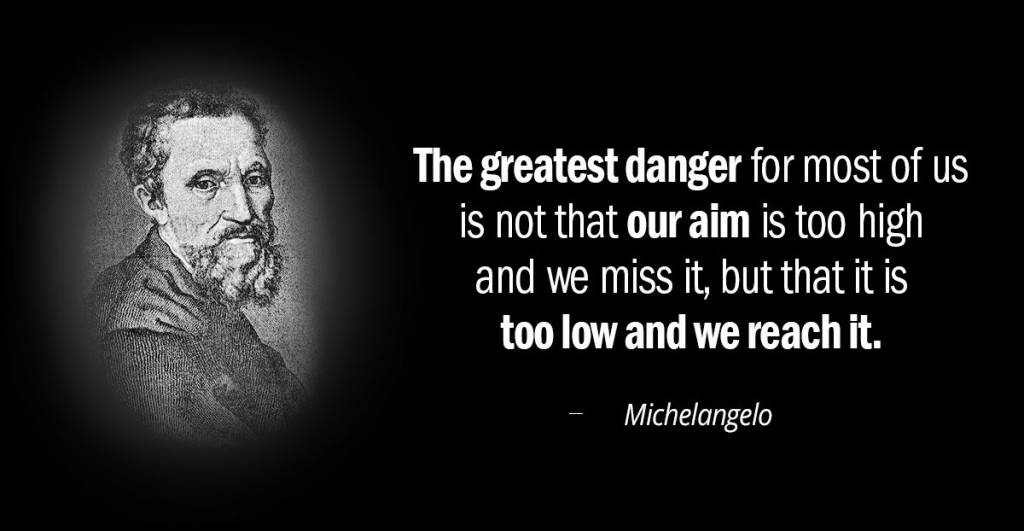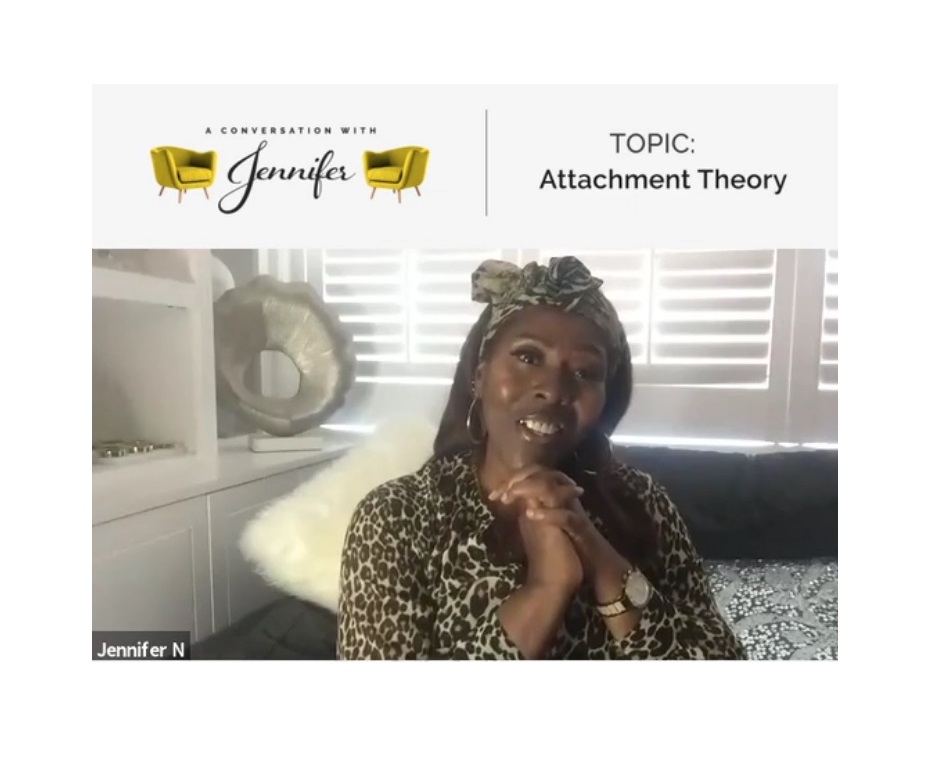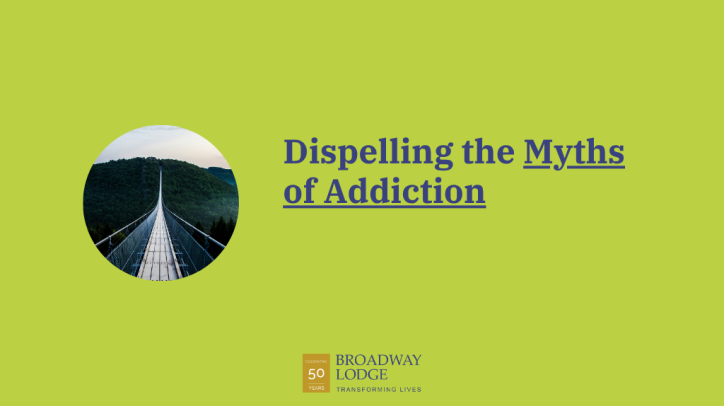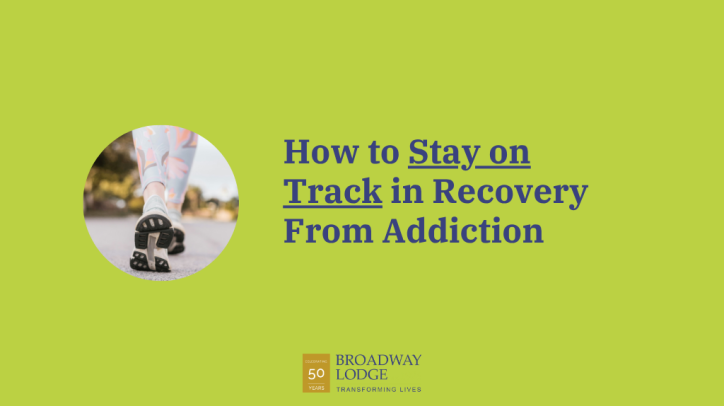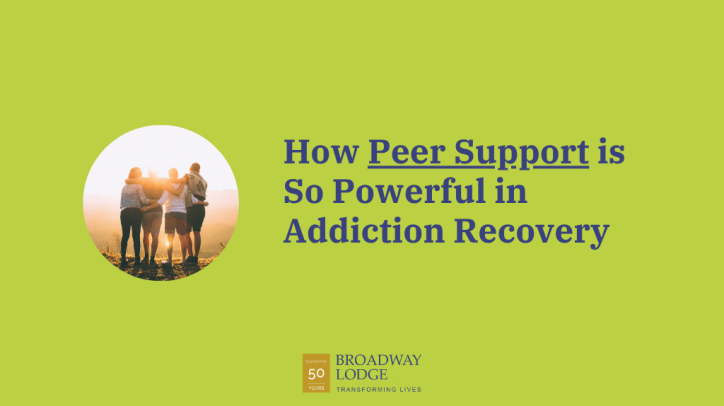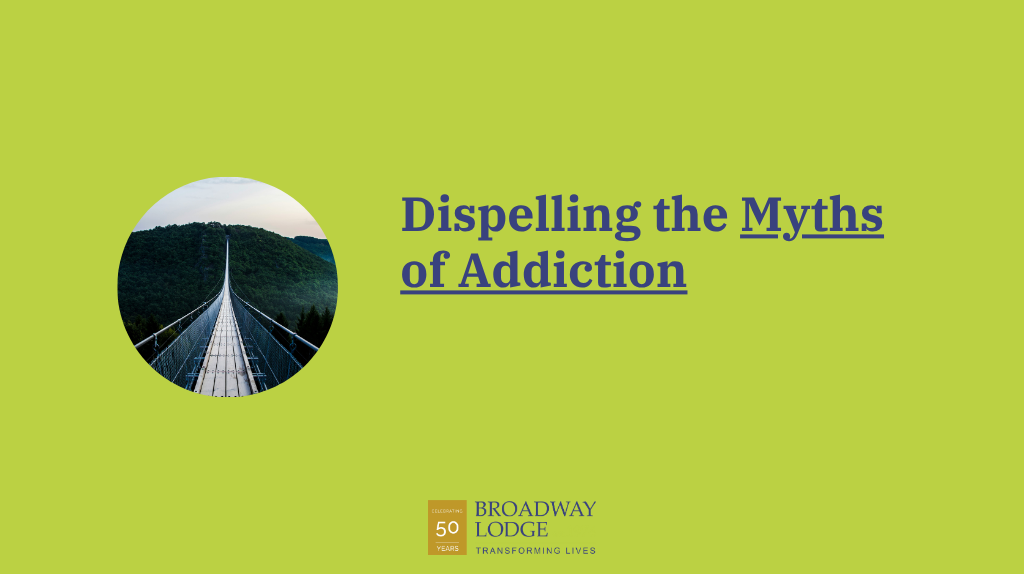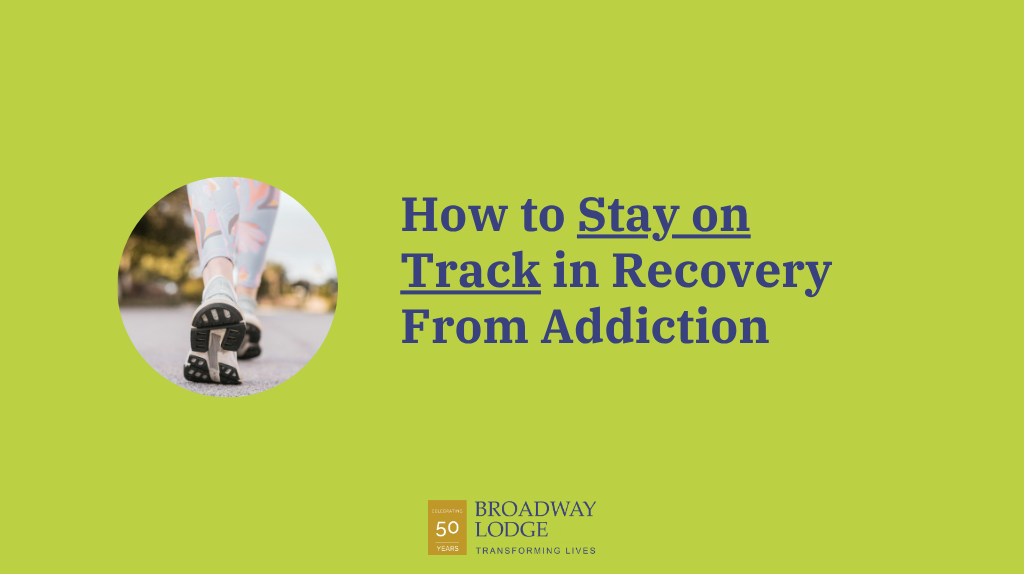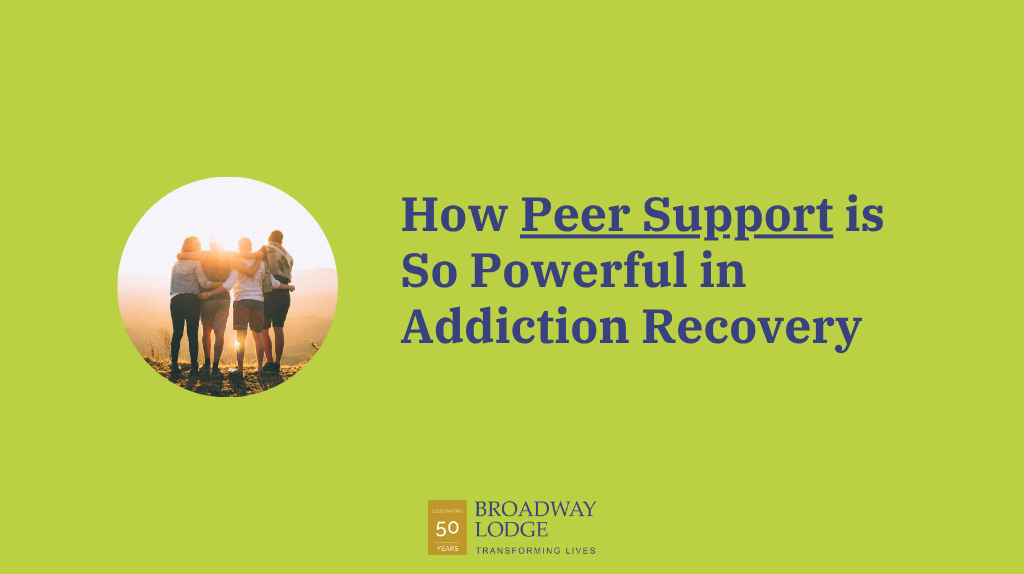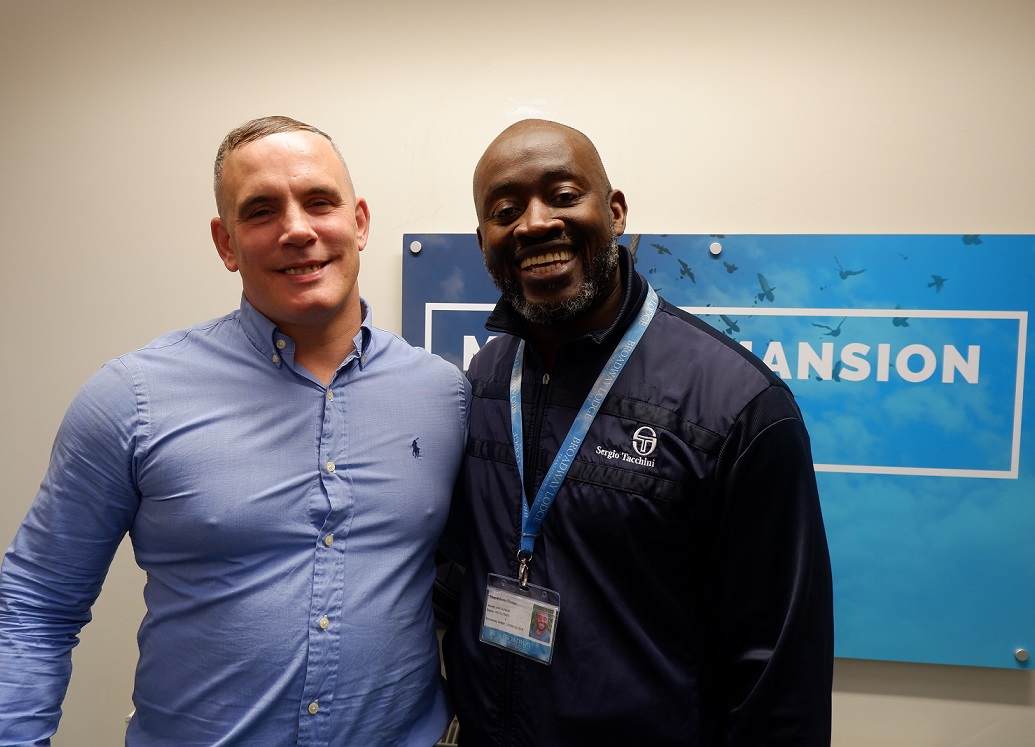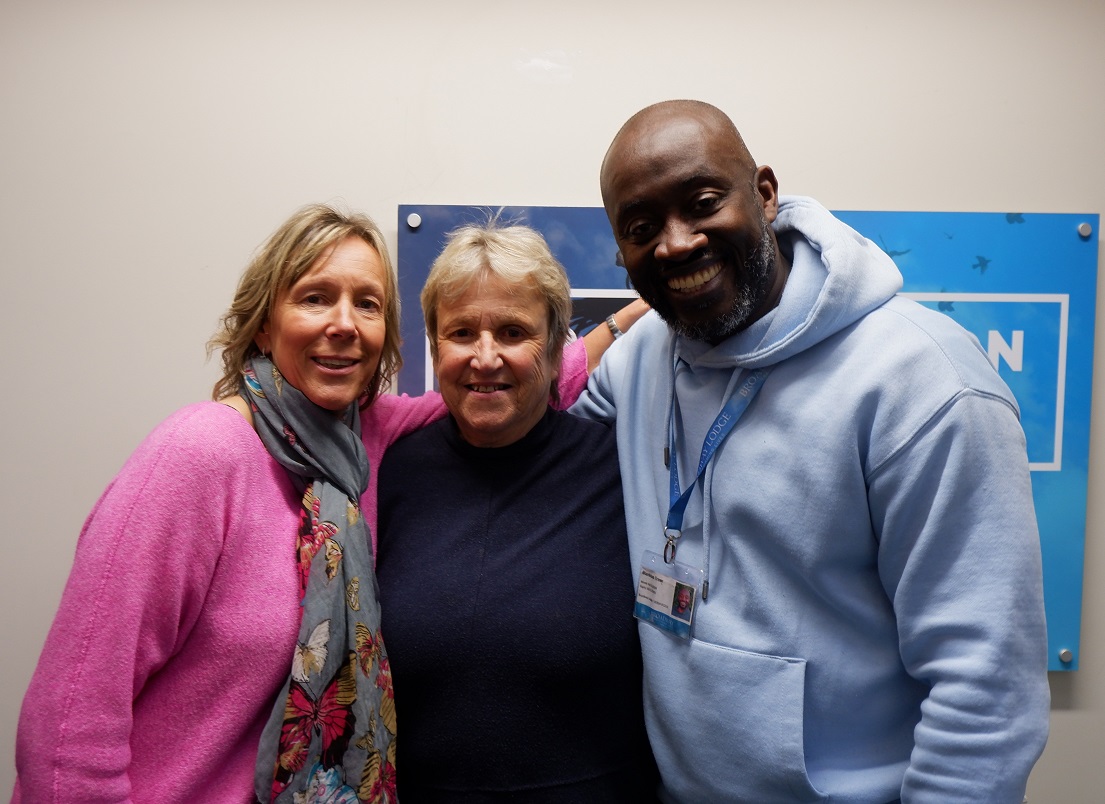Over the coming months, we’re going to publish a number of features each focusing on a former Broadway Lodge counsellor to showcase their work which made an impact, contributed to the success of the treatment here and who also inspired the lives of many clients they worked with as well as their colleagues.
This first instalment is all about Jennifer Norman, who trained as an addiction counsellor at Broadway Lodge over 20 years ago. Here, she explains her route into counselling and her professional journey so far.
My experience as a counsellor
Written by Jennifer Norman, former counsellor at Broadway Lodge
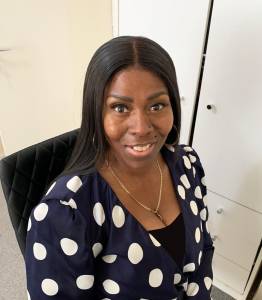
Firstly, welcome to anyone reading my testimony. It has been an absolute honour to be asked by Markkus Trew (Head of Treatment & Counselling) to write a shared my experience of working as an addiction therapist at Broadway Lodge.
A little bit about me. I am a registered MBACP Accredited Counsellor and Psychotherapist, offering integrative counselling, psychotherapy, cognitive behavioural therapy, trainee counselling supervision and life coaching. I have experience of working in the NHS, forensic mental health and in the community, alongside my private practice.
Back on September 2nd, 1994, I entered a 12 step treatment centre in Nottingham. There were no black women here. For me as a young black female addict, from a cultural-background and Jamaican heritage, I truly struggled with the shame and guilt. I felt different with the added barriers of having two girls under five years old at the age of 20.
Having turned my life around, I began my journey by becoming a volunteer with Walsingham Rehabilitation Centre. I was then offered a year’s internship placement with Broadway Lodge as a trainee addiction counsellor and then as a highly-skilled group facilitator (where I feel the real change happens as we go through the healing of the spirit). Eventually, I was given a full-time position as an addiction counsellor.
I felt like I was blessed with the gift of being able to help others. All this happened in the magical place known as The Lodge where the legacy and richness of expertise lives on. I whole heartedly believe I too have paved the way for many of race and colour to have walked in my footsteps.
My huger to learn and develop professionally propelled me to go on further and develop my knowledge at Bristol and UWE university. Years later, I returned to Southampton University as a CBT (Cognitive Behavioural Therapy) Therapist for CAMHS NHS Trust where I was taught various modalities and treated all age ranges, from 8 to 70, who experienced common mental health illnesses. I gained knowledge and experience and an incredible passion for working with people and creating a safe space for them.
As an integrative relational psychotherapist with a Rogerian humanistic perspective, having the freedom to explore yourself on a conscious and unconscious level is a gift. I hold the ethos that the individual has the answers within them as how could I, or anybody else, really know what’s right for another’s life? Yet, I understand that it’s not always easy to hear or connect to this inner knowledge and guidance as it’s often silenced or has never truly been heard. That being said, throughout my client work and own personal experience, I’ve found that exploration and reflection together with somebody who strives to genuinely and deeply understand, can support someone on their journey towards wellbeing and discovering their true potential, which is as distinct as personality.
I am still very much active in my recovery and give back freely through sponsorship what has been freely given to me in the fellowship. My relationship with God is non-negotiable and I have recently celebrated 26 years of back-to-back recovery.
Before I end, I want to take a moment to mention the racial justice concerns around the tragic death of George Floyd and the subsequent outcry through the Black Lives Matter (BLM) movement. It’s a vision that stirs within me the need to aim high. So let me encourage you to aim high too. Michelangelo once said: “The greatest danger for most of us is not that our aim is too high and we miss it, but that it is too low, and we reach it.”
